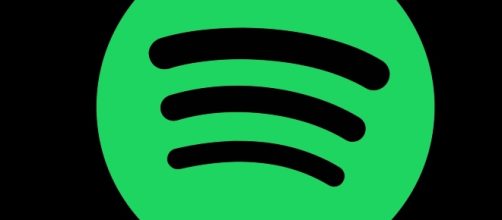Spotify, the largest streaming service with over 60 million paid subscribers has decided to remove all hate-inspired music from its playlists. The decision was taken after the tragic events in Charlottesville and as stated by Spotify's the official spokeswoman to "Billboard" that the service will not tolerate "material that favors hatred or incites violence against race, religion, sexuality or the like". The streaming service was alerted to the existence of such content on its playlists by an article in Digital Music News", which identified 27 White Supremacist Hate bands on Spotify.
Action was taken to avoid controversy
Spotify's quick reaction after the events in Charlottesville is taken to avoid any possible controversies, like the one with Justin Bieber recently, although that one is no way comparable to this one with hate bands. The service certainly had in mind that in 2014 the "Southern Poverty Law Center" (SPLC) criticized the service, along with Amazon for their 'slow' reaction to its study "Music Money and Hate', which at the time identified 54 neo-Nazi groups. At the time, Apple was the service that immediately pulled these groups from their service.
Spotify is also preparing a system that would block hate and similar content from its music recommendations. Most of the bands were tracked with Spotify's filtering algorithm, and the platform is also looking into ways to proactively block recommendations of racist content.
At the same time, the service is preparing to include new content that would champion diversification. A few months back the streaming service made the music of late artist Prince available on its playlists. Now it is going to go forward with a new playlist named "Patriotic Passion" which will include choice tracks from artist like Lady Gaga and Khalid, as well as Jimi Hendrix's rendition of the American national anthem.
Deciding what to remove can be tricky
Removal of hate speech or any other content can be a tricky thing for Spotify and other streaming services since it involves the question of free speech. When the music contains direct racist and violent references the problem is not as great as when the song contains cryptic or coded messages of hate, which would certainly involve more careful listening on the part of the services.
According to Paul Resnikoff of the "Digital Music News", digital music services now have more sophisticated recommendation engines, making it much easier to identify hate-oriented music "simply by referencing similar artists on Spotify itself." Still, Spotify and other streaming services have a job cut out for themselves to eradicate any hate content.


